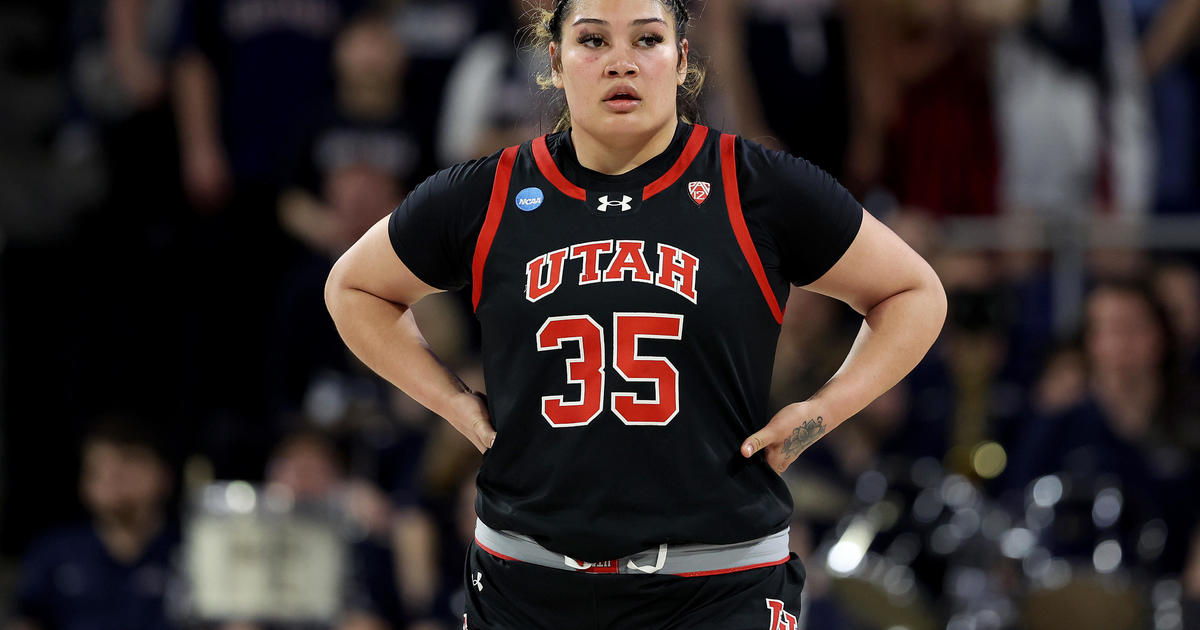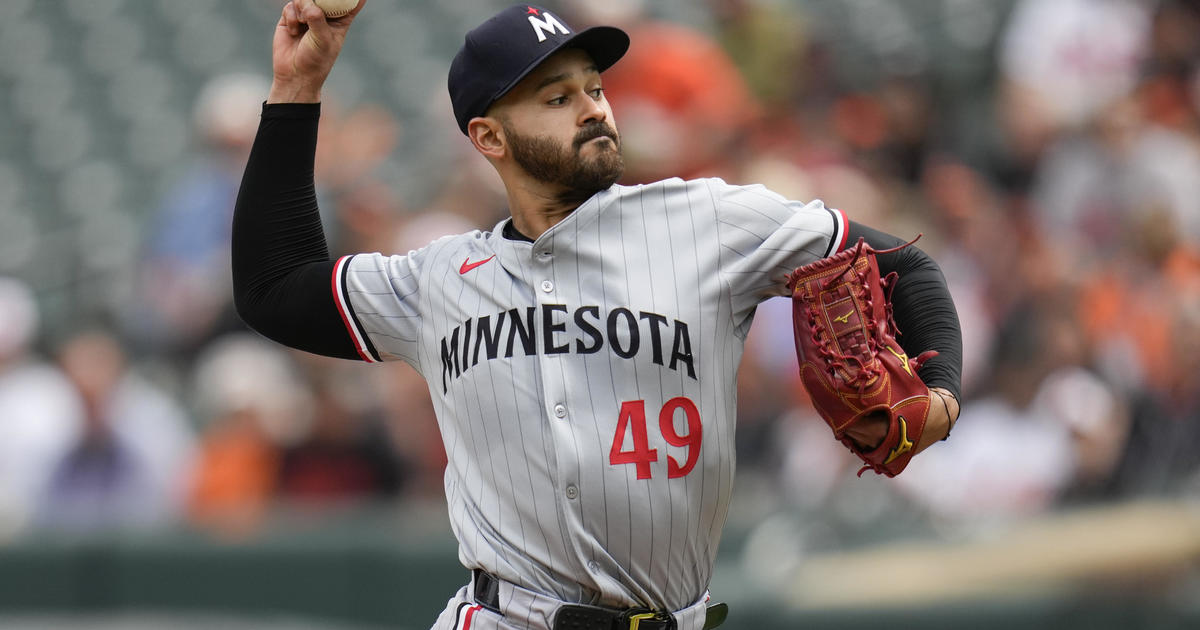Leaderboard: Major Success Or One And Done?
The thing about conventional wisdom is while it is always conventional, it is occasionally not wisdom. That comes to mind around the time of the golf majors, when the conventional wisdom after a talented player breaks through to win a major is that a door has swung open to repeated success at that level. Golf's majors are a final exam, and while the diploma may be on the wall, the career may not take a different turn.
This year the lead into the Masters was all about Dustin Johnson. In nine months, the 32-year-old had won his first major -- the US Open at Oakmont, started 2017 with three consecutive wins and elevated his ranking to #1 in the world. (Rankings is the most meaningless stat in golf, aside from career earnings. Phil Mickelson will play his entire career without ever having been ranked #1.)
DJ was the pick du jour on Wednesday of Masters week, until his socks hit the hardwood floors. He literally tumbled from favorite to forgotten, as he was forced to withdraw. We'll have to wait until Erin Hills and the US Open to know if Johnson is on a new level. He tied for ninth in his next major last summer -- the Open Championship -- and missed the cut at the PGA at Baltusrol.
On his Masters' 20th anniversary, it is appropriate to cite Tiger Woods as proof of the proposition. Thirteen additional majors later it was clear that Woods was a success in graduate school, although it is worth mentioning it took him 11 more major starts to pick up his next win.
>>MORE: Leaderboard
The reality is that most major winners are one-and-done in their careers. It is more likely that the rationale for winning multiple majors is not the validation of moving from major virgin to major veteran but rather the native talent those players possess. If the names Grady, Micheel, Beem or Campbell don't stir memories, it is because they are the more typical major winners. The major door they walked through was revolving -- briefly acclaimed, eternally unnamed.
You can solve the equation two ways when it comes to the Masters, first major on the calendar. In the 81 Masters that have been played, 46 titles have been collected by just 17 players. None of the four majors have more multiple-time winners than Augusta. Conventional wisdom would say once you win a green jacket, it is easier to win a second or a third or, in Jack Nicklaus' case, a sixth.
The alternate theory says that since the tournament is played on the same course every year, those 17 multiple winners learned how to play the course. And once they had the roadmap in place, they reduced the challenge to execution. See Fred Couples.
The most fascinating and illuminating winner's press conference I have sat in on in over 100 major media centers was listening to Nicklaus after his final Masters win in 1986. It was more a journey through decades in learning the quirks of navigating Augusta National than a walk through the shots he played in that historic final round.
Nicklaus would identify in 1972 he was in this particular position on a hole and played that shot and it came up again in the current year. Or in 1975, on 16, he did something else and recalled it on the course 11 years later. While he passed his initial Masters final exam in 1963, he kept filling in notes in his Augusta education for the next 23 years.
This all is couched in the context of Sergio Garcia winning the Masters (in his 74th professional major start) after being shutout last year (in his 70th). Although the door to the major winner's club opened at age 37, for Sergio it may be a shorter walk to the exit. There was the obligatory question afterwards about additional majors in his future, which Sergio refreshingly brushed off. "To be totally honest, I mean, I'm very happy, but I don't feel any different. I'm obviously thrilled about what happened here today, but I'm still -- I'm still the same guy," he said afterwards.
Phil Mickelson was 33 before he won at the 2004 Masters, and lefty has gone to move his total to five. The legendary Ben Hogan was 34 for his first PGA in 1946 and won eight more over the next seven years. Garcia is certainly not a Hogan and likely not a Mickelson, but with a win percentage of just over one, we will have to wait to see what the future holds.
Dan Reardon has covered golf for radio station KMOX in St. Louis for 33 years. In that time, he has covered more than 100 events, including majors and other PGA, LPGA and Champions Tour tournaments. During his broadcast career, Reardon conducted one-on-one interviews with three dozen members of the World Golf of Fame. He has contributed to many publications over the years and co-authored the book Golf's Greatest Eighteen from Random House. Reardon served as Director of Media relations for LPGA events in both St. Louis and Chicago for 10 years.



